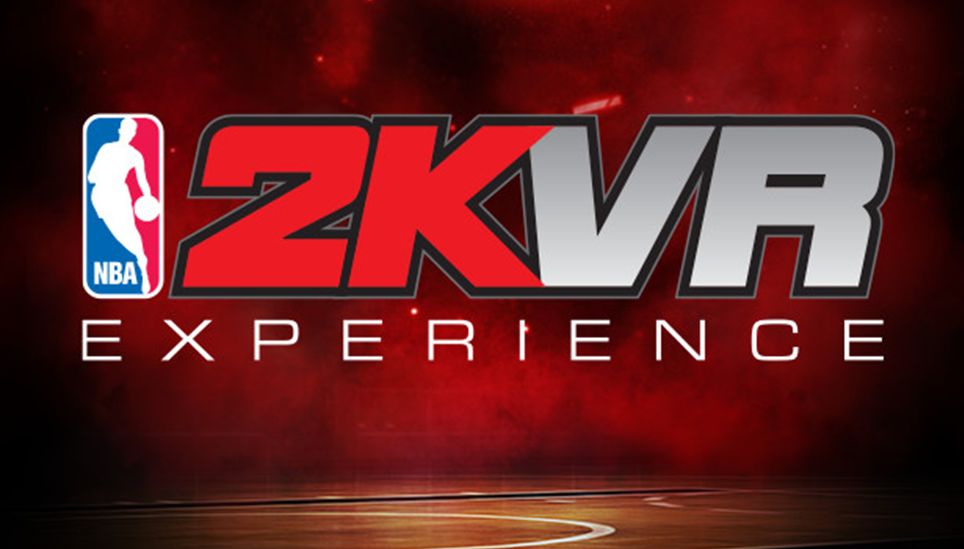How Gaming Influencers Are Shaping the Industry is a captivating exploration into the dynamic world of gaming, where influencers are not just players but pivotal figures steering trends and consumer behavior. The rise of social media platforms has given these influencers a powerful voice, enabling them to connect with audiences in ways traditional marketing simply cannot. Their impact stretches across game development, marketing strategies, and community engagement, fundamentally altering how games are perceived and consumed.
In this lively landscape, influencers bridge the gap between gamers and developers, providing insights and feedback that drive innovation and enhance player experiences. Whether through live streams, social media posts, or collaborative events, their role has become essential in shaping not only player preferences but also the future direction of the gaming industry.
Welcome to a delightful exploration of the mysteries of time travel! If you’ve ever dreamt of hopping into a time machine and zipping back to witness historic events or zooming forward to glimpse the future, you’re definitely not alone. The concept of time travel has fascinated humanity for centuries, appearing in countless stories, movies, and scientific discussions. So, let’s dive into the intriguing world of time travel, where imagination meets science, and dreams collide with reality.
First and foremost, let’s tackle the burning question: what is time travel? In simple terms, time travel refers to the hypothetical ability to move between different points in time, much like we move through space. While we experience time as linear—moving from the past through the present and into the future—time travel suggests that it might be possible, under certain conditions, to traverse that timeline in a non-linear fashion.
The roots of time travel can be traced back to ancient mythologies, but it truly gained popularity in the 19th century with the advent of science fiction literature. One of the most iconic works is H.G. Wells’ “The Time Machine,” published in 1895. In this novella, Wells introduced readers to a time traveler who journeys to the distant future, exploring the evolution of humanity. His story not only entertained but also sparked discussions about the implications and paradoxes of time travel.
Fast forward to the 20th and 21st centuries, and time travel has become a staple in pop culture. From the beloved “Back to the Future” trilogy, where Marty McFly spins through time in a DeLorean, to the complex timelines of “Doctor Who,” time travel has captured the imaginations of audiences worldwide. These narratives often play with the idea of causality—how actions taken in the past can create ripple effects that alter the future, a concept known as the “butterfly effect.”
Now, while time travel is mostly speculative fiction at this point, there are some fascinating scientific theories that bring us a step closer to understanding its possibilities. One of the most notable is Einstein’s theory of relativity, which suggests that time is not a constant but can be affected by speed and gravity. According to this theory, if one could travel at the speed of light or near it, time would slow down relative to someone at rest. This phenomenon is known as time dilation, and it has been confirmed through experiments, such as those involving atomic clocks on fast-moving jets.
Another intriguing concept related to time travel is wormholes. These hypothetical passages through spacetime could potentially connect distant points in time and space. Imagine a tunnel with two ends, one in the past and the other in the future! While wormholes are still purely theoretical and remain a topic of intense research, they do provide a tantalizing glimpse into what might be possible in the realm of time travel.
However, with great power comes great responsibility—or, in the case of time travel, great paradoxes. One of the most famous is the grandfather paradox, which poses a scenario where a time traveler goes back in time and accidentally prevents their grandfather from meeting their grandmother. If that were to happen, the time traveler would never have been born, leading to a logical contradiction. Such paradoxes raise important questions about the nature of time and causality and challenge our understanding of how time travel might work, should it ever become possible.
While the notion of traveling through time is still firmly in the realm of fiction, scientists and theorists continue to explore its implications. Some believe that time travel could one day be feasible, while others argue that the very act of changing the past would lead to catastrophic consequences. It’s a topic that stimulates debate and encourages imaginative thinking, and perhaps that’s part of its charm.
In contemporary discussions surrounding time travel, we cannot overlook its philosophical implications. If time travel were possible, how would it impact our understanding of fate, free will, and morality? Would the ability to alter past events give individuals the power to right wrongs, or would it lead to unintended consequences that spiral out of control? These questions invite us to reflect on our values and the permanence of our choices.
As we look to the future, the allure of time travel continues to inspire not only literature and film but also scientific inquiry. The intersection of imagination and science fuels ongoing research in physics and cosmology, as we seek to understand the universe and our place within it. Whether or not time travel becomes a reality, the exploration of its possibilities enriches our understanding of time and existence itself.
In conclusion, time travel remains one of the most captivating ideas in both science fiction and theoretical physics. It challenges our perceptions of time, causality, and reality, inviting us to ponder the complexities of existence. While we may not yet have the technology to hop into a time machine, the journey of imagination and inquiry continues to unfold. So, whether you’re a time travel enthusiast, a science fiction fan, or simply curious about the universe, remember: the future is always just a thought away!
Query Resolution: How Gaming Influencers Are Shaping The Industry
What is the role of gaming influencers?
Gaming influencers serve as key connectors between developers and players, providing insights, entertainment, and community engagement.
How do gaming influencers impact game sales?

Their endorsements and reviews can significantly sway consumer purchasing decisions, often leading to increased sales and heightened visibility for games.
Are all gaming influencers the same?
No, gaming influencers vary widely in their niche, audience size, and platforms used, leading to different impacts on the industry.
What platforms do gaming influencers use?
They primarily use platforms like Twitch, YouTube, Instagram, and TikTok to reach and engage their audiences.

Can gaming influencers shape game development?
Yes, their feedback and community engagement can guide developers in making decisions about game features and updates.



